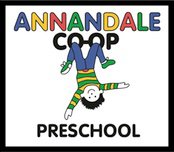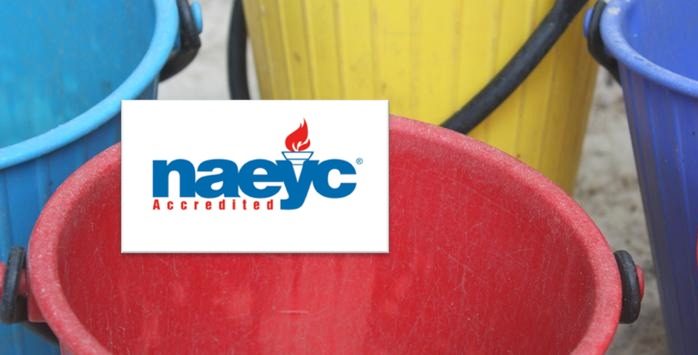Curriculum
At Annandale Cooperative Preschool, our curriculum is based on the well-tested research of many specialists in the field of Child Development and continues to be created and lovingly implemented by our well-trained and highly experienced teachers. We feel very strongly that the role of the co-oping parent in the classroom fosters and embodies this research as well; the parents learn from the teachers about how children grow and develop and gain tools for extending this growth at home. The parents are able to give input to the teachers and provide expertise and insight into their cultures and the community.
The teachers at ACPS go to great lengths to get to know our families and the backgrounds of the families in order to personalize instruction and capitalize on what unique skills each family may have to offer. We feel that this is the ideal arrangement for the children as they move through the varying stages of development and for their families as they support them through these stages. This cooperative arrangement also provides the optimum environment for the children as they learn to separate from their parents and begin to learn to trust others.
Annandale Preschool’s curriculum is also in alignment with the Virginia Early Learning and Development Standards and the National Association for the Education of Young Children’s guidelines for practice. It is developmentally appropriate, includes a broad range of meaningful content across disciplines, builds on what children already know, it is often integrated across skills and promotes the application of skills.
The Goals of the Curriculum
At Annandale Cooperative Preschool, we promise:
- To provide an enriched and stimulating environment that meets the needs of the whole child including their emotional, social, physical, cognitive, language, and creative development.
- To create an atmosphere of trust, security, and comfort in which the child can feel motivated, esteemed, and appreciated.
- To promote the uniqueness and individual worth of each child by focusing on competence and capabilities.
- To provide opportunities for self-expression, investigation, and experimentation both independently and collaboratively.
- To cultivate attitudes, habits, and appreciations that will enable the child to explore, question and discover the world, its people, and their cultures.
- To encourage problem solving skills and responsible decision making through respectful guidance.
- To provide an appropriate balance between active and passive activities, as well as between child-initiated and adult-initiated activities.
- To provide an environment for parents to work as partners in their child’s education and development.
- To promote hands-on involvement in activities focusing on the process rather than the end result. To provide a stimulating, happy environment where children learn through play.
- To foster strong reciprocal relationships with families by providing opportunities for families to share their culture, interests, and skills.
- To provide opportunities for cooperative and collaborative effort with the families to support the program.

